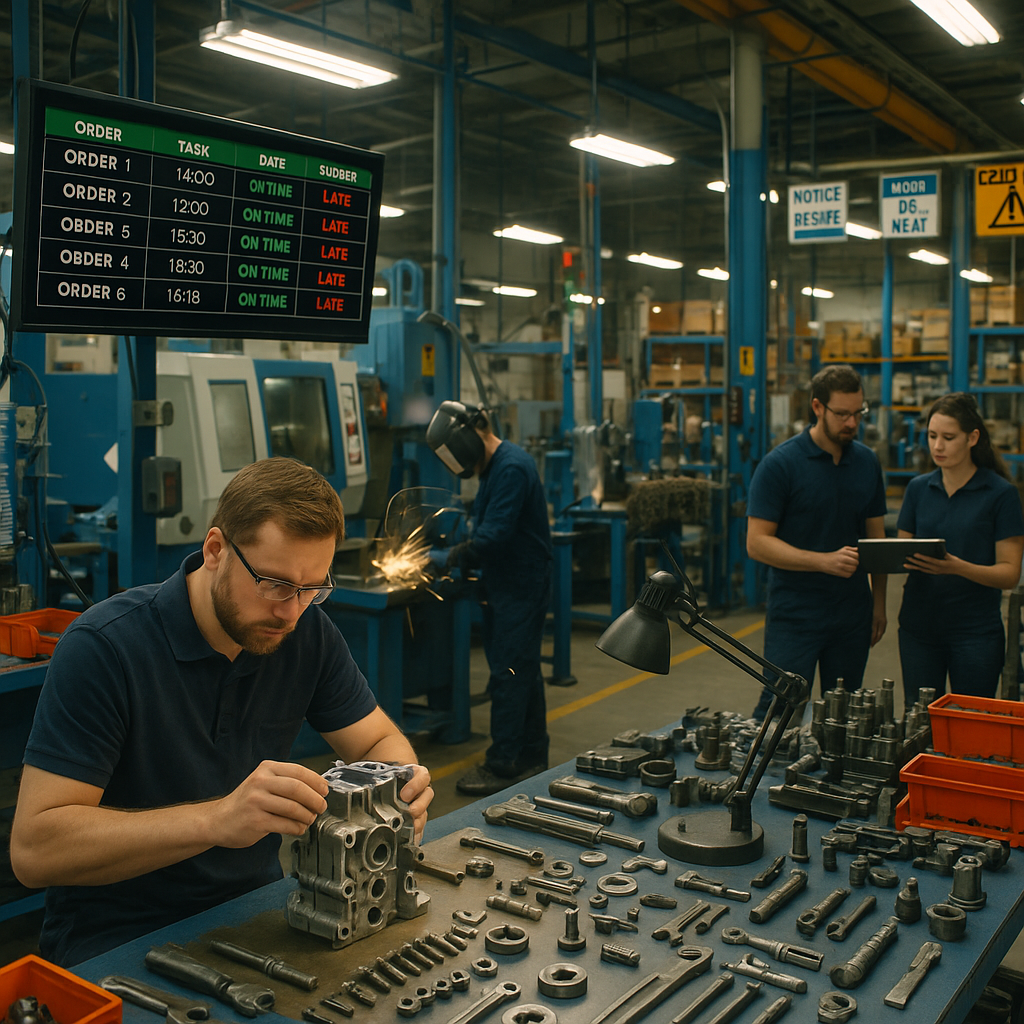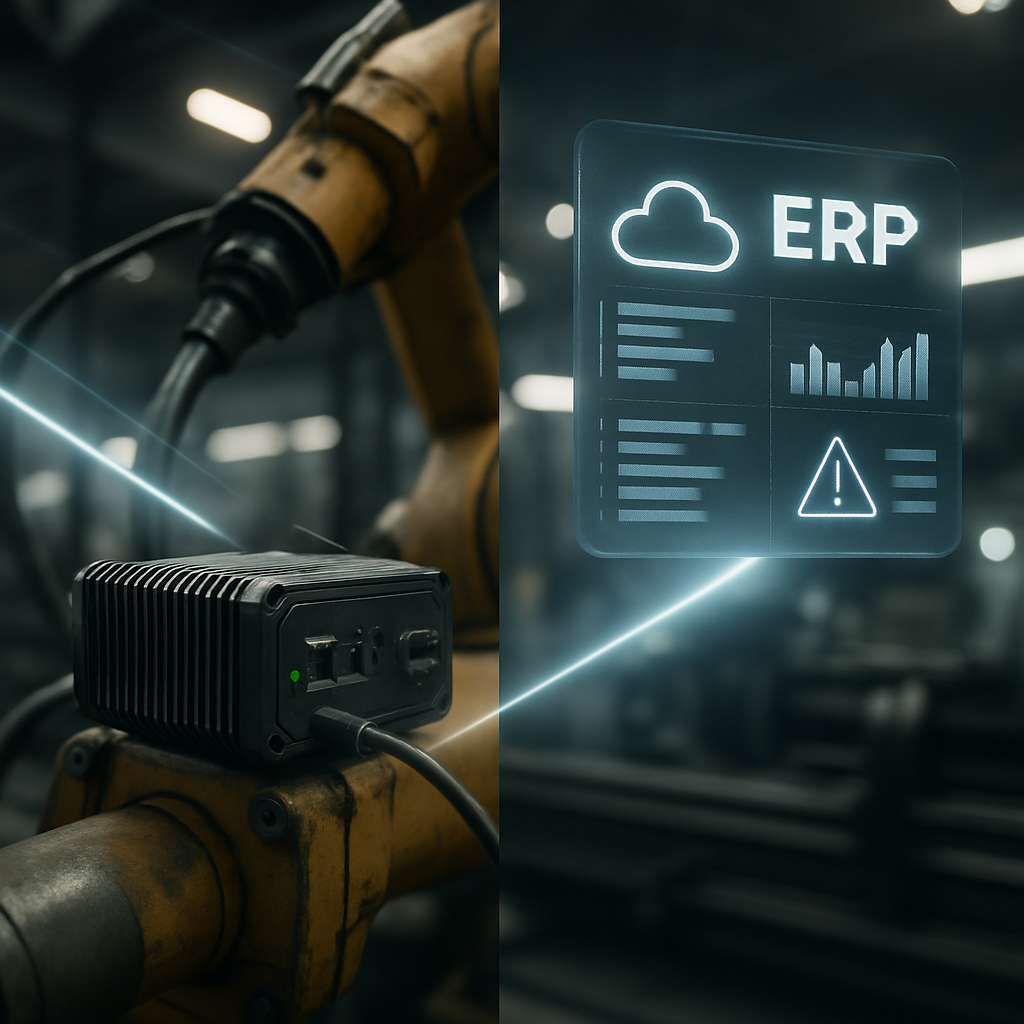2024’s Top 10 Best Manufacturing ERP Systems and Software Solutions for the Manufacturing Industry
Manufacturing success relies on more than just efficient production lines—it demands a fully integrated approach to managing all business operations....

.png)

.png)